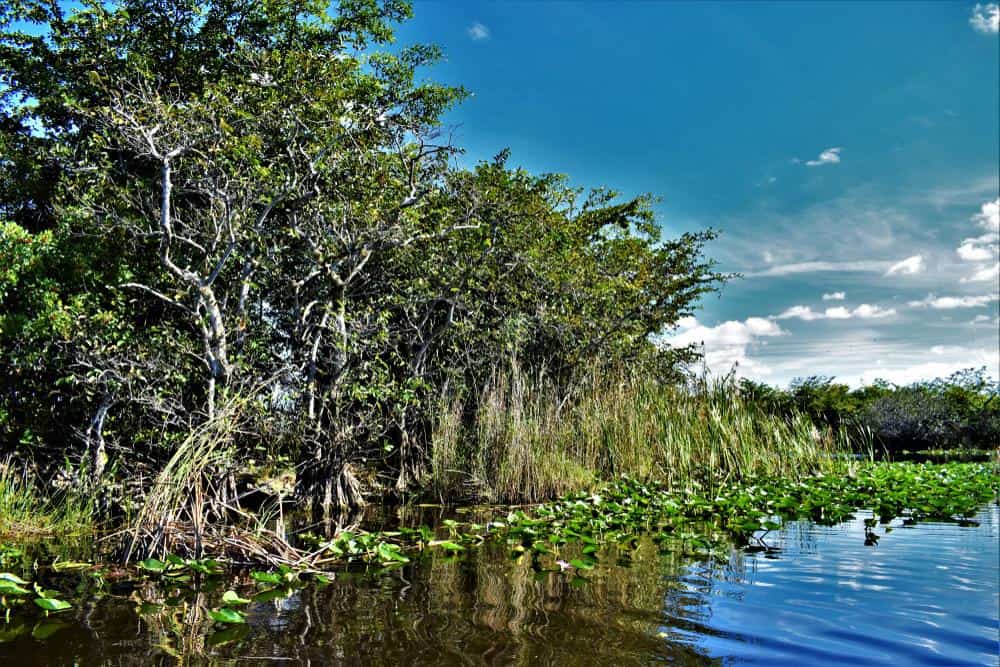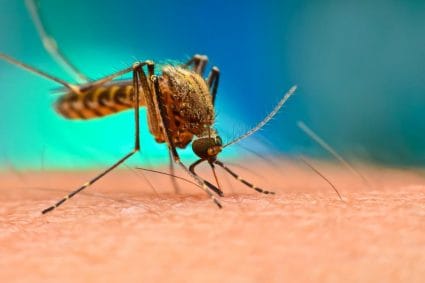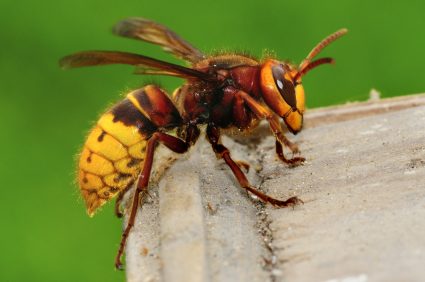
Winter is a challenging time for many animals, and skunks are no exception. They face a scarcity of food and must adapt their diet to survive the harsh conditions. In this comprehensive guide, we’ll delve into what skunks eat in the winter and how their diet impacts their overall health and survival.
During the winter months, skunks primarily rely on their fat reserves accumulated in the fall. Their winter diet consists mainly of carrion, fruits like chokeberries and elderberries, nuts such as walnuts and pecans, seeds, and occasionally pet food. They may also rummage through trash cans or backyard compost piles if they live near human habitation.
Winter Diet of Skunks
Skunks are omnivores, and their diet varies depending on the season and location. During the warmer months, they feast on a variety of insects, small mammals, and even trash. However, winter presents a different story. As food becomes scarce, skunks rely heavily on their fat reserves accumulated during the fall season.
Their winter diet primarily consists of:
- Carrion
- Fruits (such as chokeberry, elderberry, mountain ash, wild grape, and cranberry)
- Nuts (like walnuts, pecans, hickory nuts)
- Seeds (sunflower seeds, birdseed)
- Occasionally, pet food
If they live near human habitation, they may also rummage through trash cans or backyard compost piles.
The Impact of Geographical Location
The geographical location significantly affects a skunk’s winter diet. In colder regions, the scarcity of food sources during winter forces skunks to rely more on plant-based foods and any available carrion. In urban areas, skunks might have access to artificial food sources such as garbage bins, which can supplement their diet.
Adapting to Winter Conditions
During the winter months, skunks enter a state of torpor. This deep sleep slows their metabolism, lowers their body temperature, and reduces their breathing rate. This allows them to conserve energy and survive on the limited food sources available during the cold months.
Skunks spend the fall bulking up and eating as much as possible to create thick layers of fat that serve as winter jackets underneath their skin. They metabolize this fat during their deep rests at a much slower rate than in the summer months.
Challenges and Threats
Finding food during winter is a significant challenge for skunks. Insects, a major part of their diet, are hard to find in the cold. Skunks switch to digging around at night for grubs to eat and also consume small rodents, nuts, berries, and other vegetation. In urban areas, many skunks seek out food from garbage bins and dumpsters.
Conclusion
In conclusion, the winter diet of skunks is a critical factor in their overall health and survival. The availability of food and the ability to maintain fat reserves during the winter months significantly impact their ability to survive and thrive in their environment. Understanding the winter diet of skunks not only gives us insights into their survival strategies but also helps us better coexist with these creatures by managing our waste and minimizing potential conflicts.
Stay tuned for more in-depth articles about the fascinating world of wildlife and their survival strategies in different seasons.
Frequently Asked Questions
Do skunks hibernate during winter?
No, skunks do not hibernate. Instead, they enter a state of torpor, which is a deep sleep. This slows their metabolism, reduces their breathing rate, and lowers their body temperature, allowing them to conserve energy.
How do skunks find food in the snow?
Skunks have an acute sense of smell and hearing, which they use to locate food sources even under the snow. They can dig through the snow to find seeds, nuts, and small rodents.
Do skunks eat more in the fall to prepare for winter?
Yes, skunks tend to eat more in the fall to accumulate fat reserves. These reserves are crucial for their survival during the winter months when food is scarce.
Can skunks be a nuisance during winter?
Yes, in urban areas, skunks can become a nuisance during winter as they may rummage through garbage bins or backyard compost piles in search of food.
Are skunks a threat to pets during winter?
Skunks are generally not a threat to pets unless threatened or cornered. However, they might raid pet food if left outside, leading to potential encounters with pets. Always remember to bring pet food indoors at night to avoid attracting skunks.










